Solar Powered Car Battery Charger
Introduction to Solar Powered Car Battery Charger
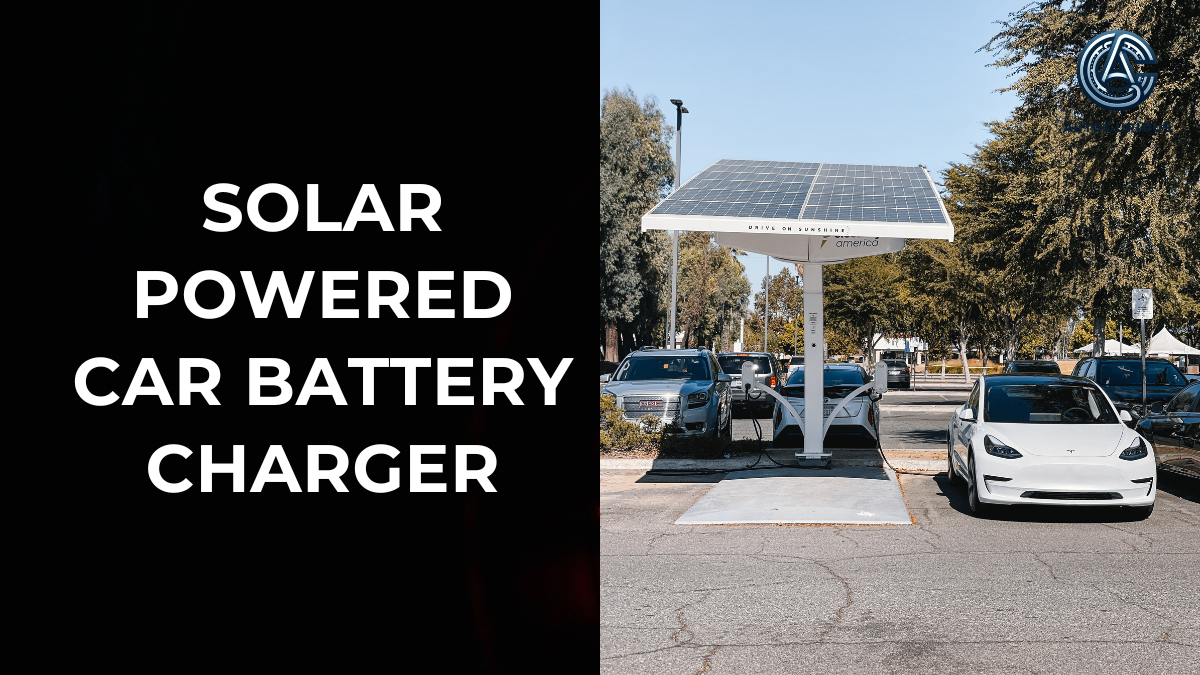
Table of Contents
ToggleIn an era where sustainability and efficiency are becoming more critical, the solar powered car battery charger has emerged as a game-changer for eco-conscious drivers. Imagine never worrying about a dead car battery because the sun, that giant ball of energy in the sky, has got you covered! This article will delve deep into what makes these chargers so innovative, their benefits, how they work, and why you should consider one for your vehicle.
What is a Solar Powered Car Battery Charger?
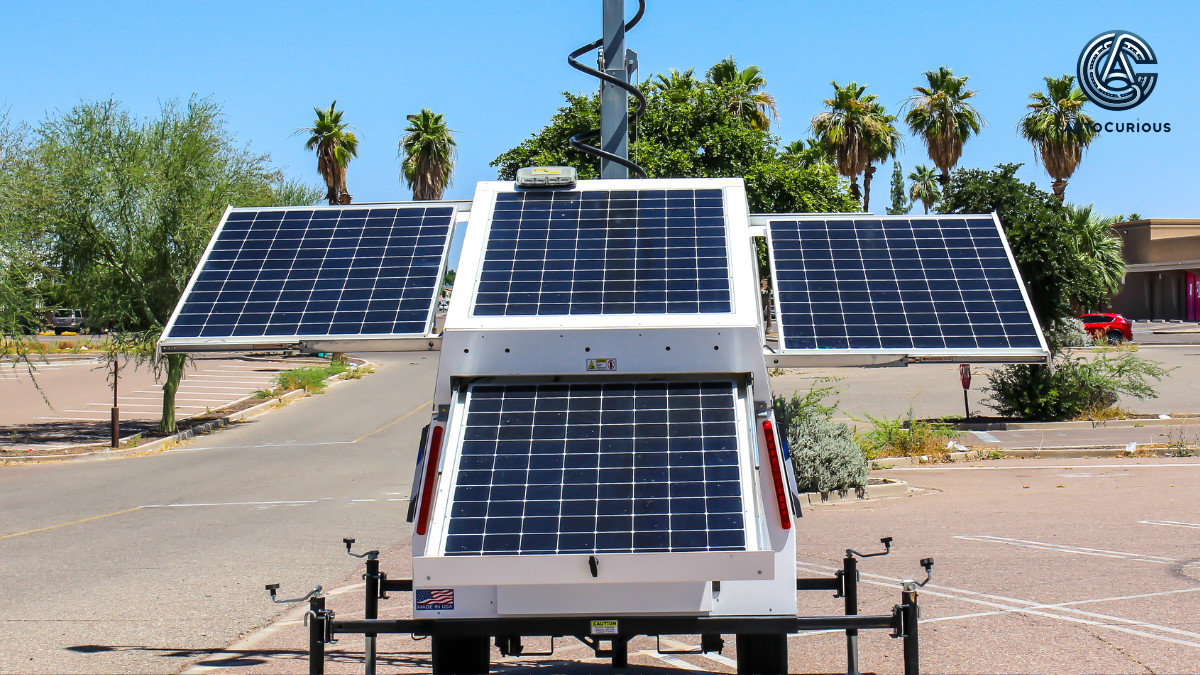
At its core, a solar powered car battery charger is a device that uses sunlight to generate electricity, which is then used to charge your car’s battery. Unlike traditional chargers that rely on electricity from the grid, these chargers harness the power of the sun, making them both eco-friendly and cost-effective.
Why Consider a Solar Powered Car Battery Charger?
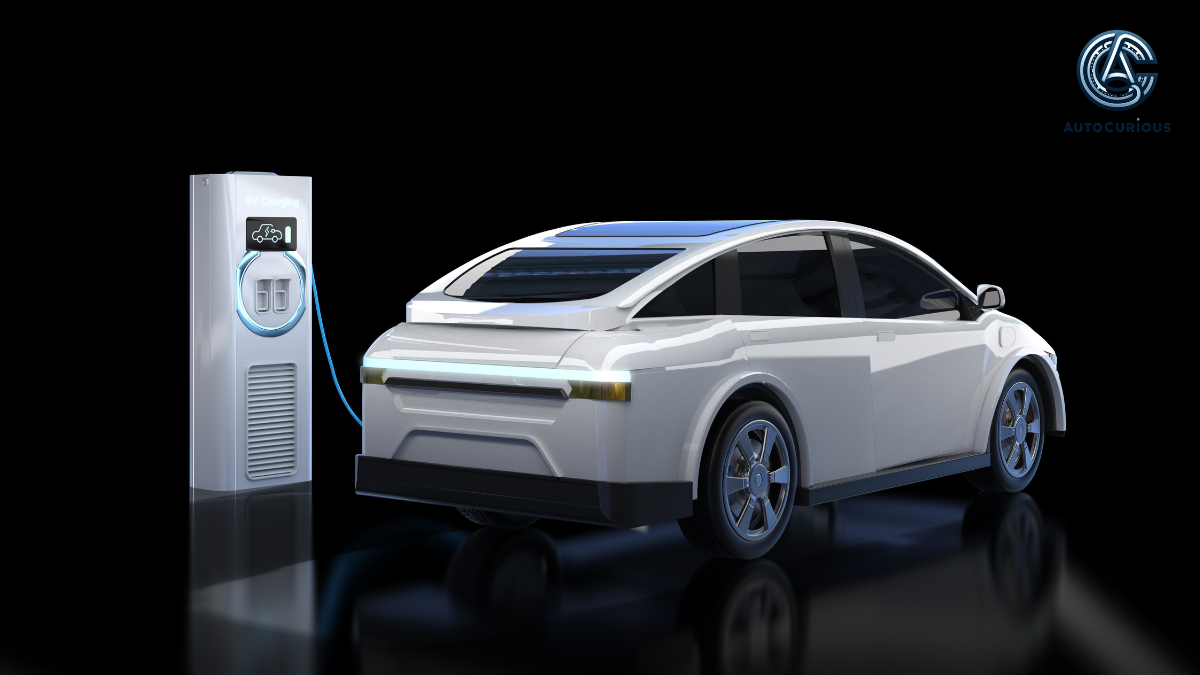
Why should you even think about getting a solar powered car battery charger? For starters, they offer a renewable source of energy, meaning you’re not contributing to fossil fuel consumption. Additionally, they can be a lifesaver if you’re in a remote location with no access to power. Plus, who doesn’t love the idea of harnessing the sun’s energy to keep their car running smoothly?
The Rise of Solar Technology in Automobiles
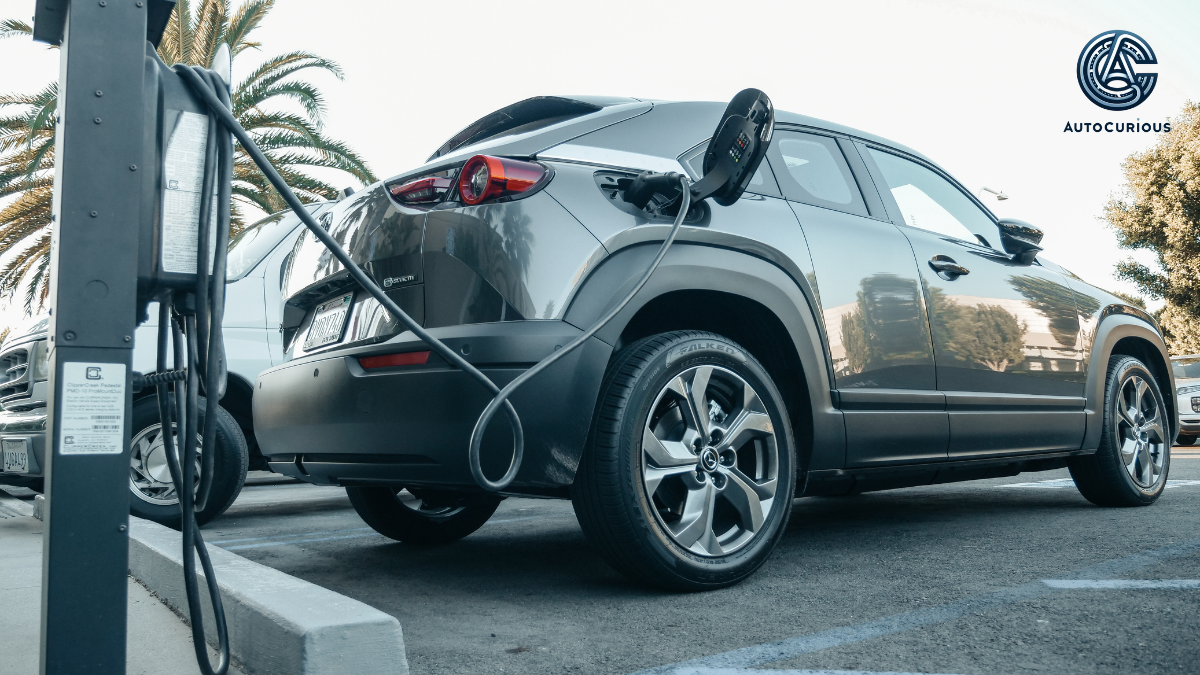
Solar technology has been making waves across various industries, and the automotive sector is no exception. With the advent of electric vehicles and the growing concern over carbon footprints, the solar powered car battery charger is a natural progression. These chargers symbolize the marriage of sustainability and convenience, two pillars of modern-day innovation.
How Solar Powered Car Battery Chargers Work
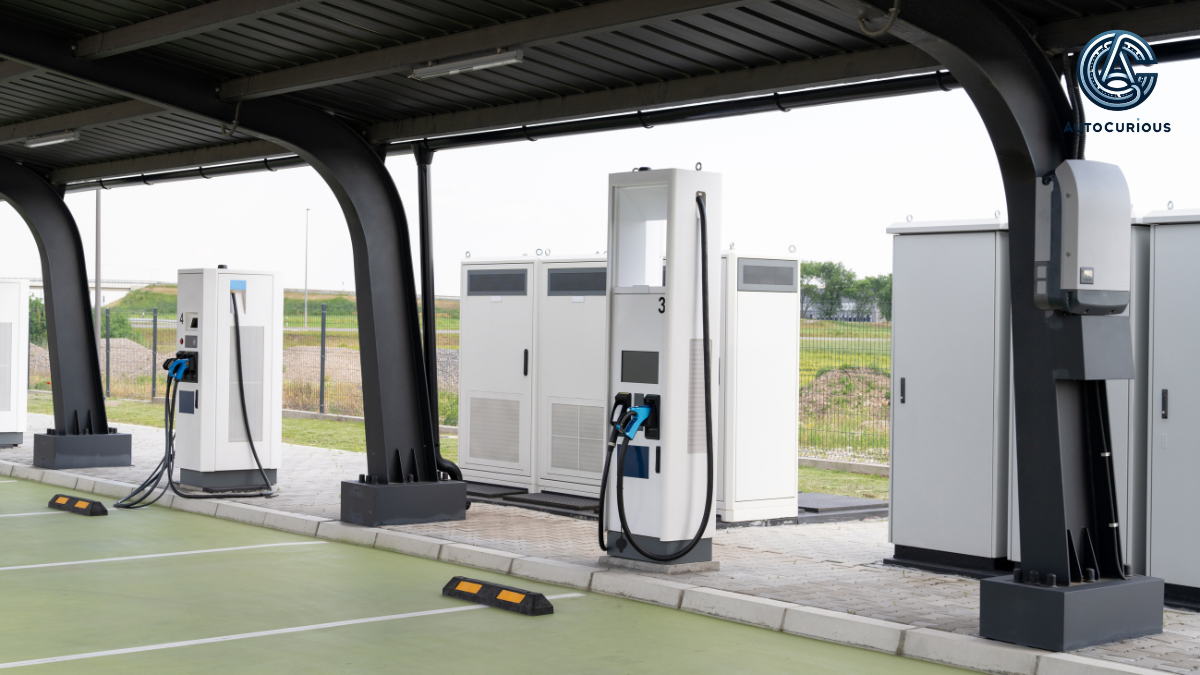
Understanding how these chargers work is crucial for making the most of them. Let’s break down the components and the science behind the solar powered car battery charger.
Basic Components of a Solar Powered Car Battery Charger
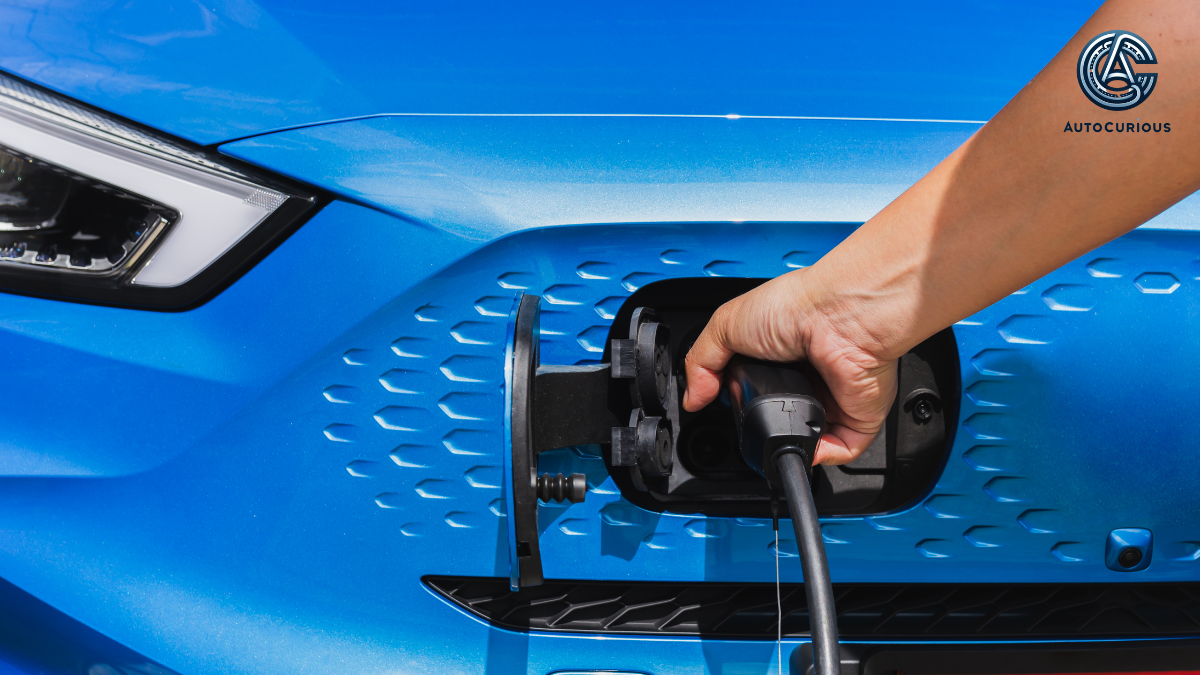
Solar Panels: These are the heart of the system, responsible for capturing sunlight and converting it into electricity.
Charge Controller: This device regulates the voltage and current coming from the solar panels, ensuring the battery is charged safely and efficiently.
Battery: The car’s battery stores the energy generated by the solar panels, ready to power your vehicle when needed.
Science Behind Solar Charging
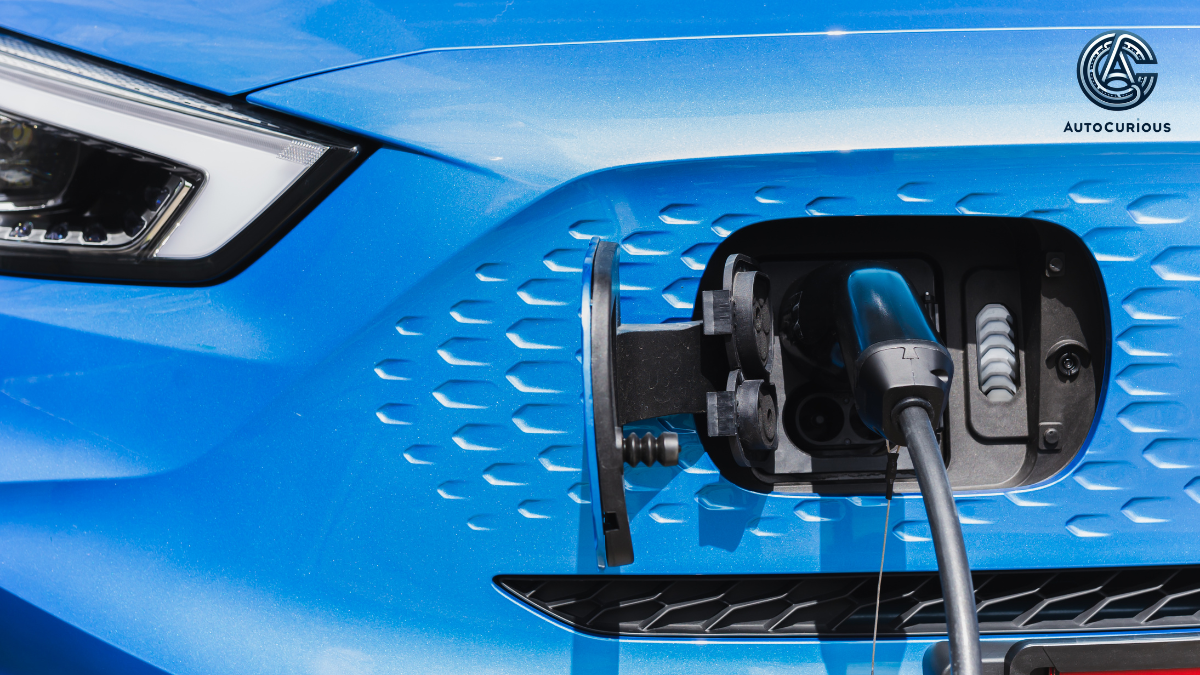
The solar powered car battery charger relies on the photovoltaic effect, a process where solar cells convert sunlight into electricity. When sunlight hits the solar panels, it excites electrons in the cells, creating an electrical current. This current is then transferred to the car’s battery via the charge controller, ensuring a steady and safe charge.
Benefits of Using a Solar Powered Car Battery Charger
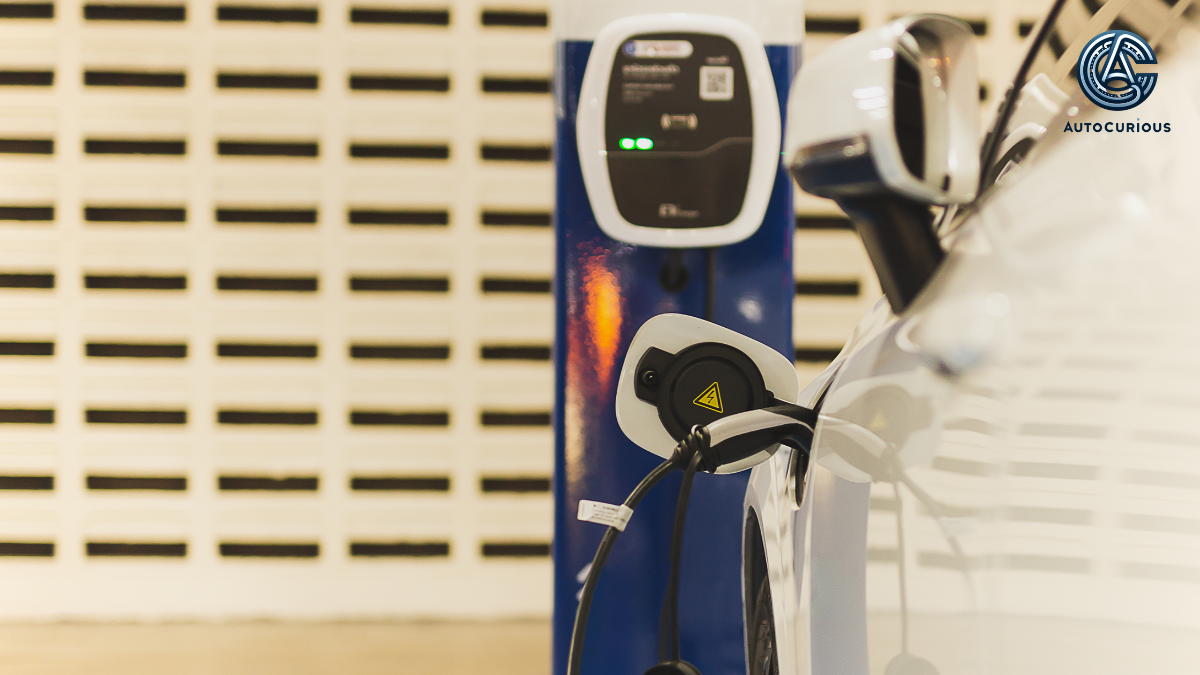
The perks of using a solar powered car battery charger extend far beyond just keeping your car battery alive. Let’s explore some of the key benefits.
Environmental Impact
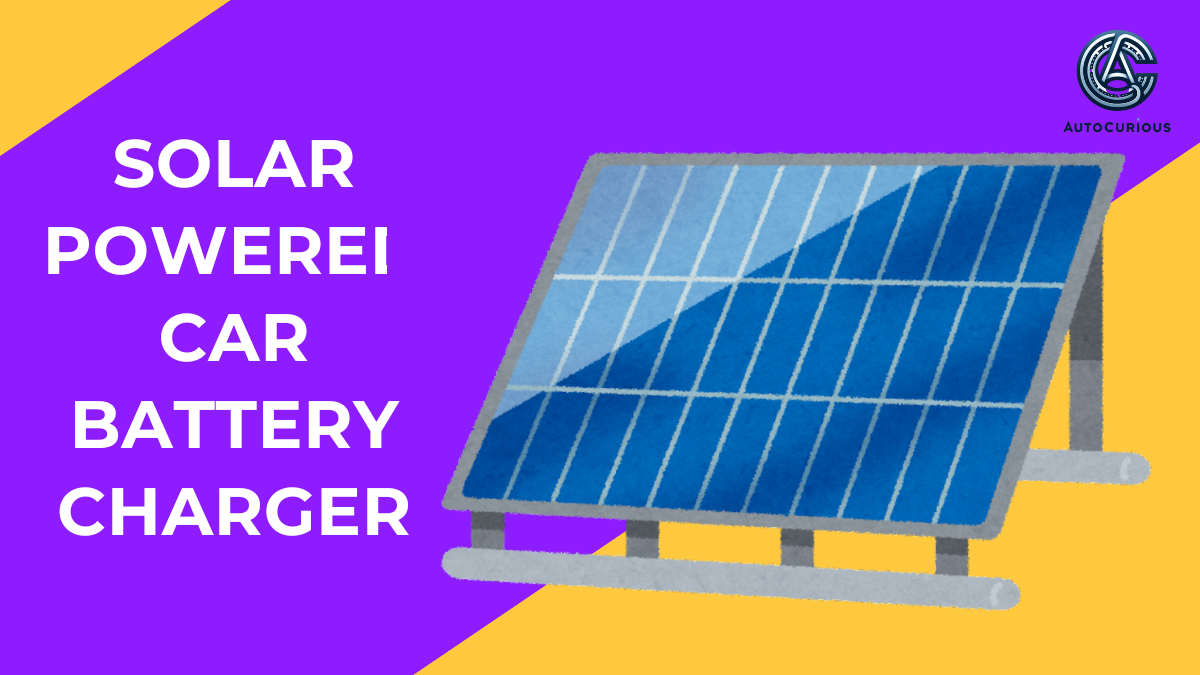
By choosing a solar charger, you’re reducing your carbon footprint. Solar energy is a clean, renewable resource that doesn’t produce harmful emissions, making it a win-win for you and the environment.
Cost Savings Over Time
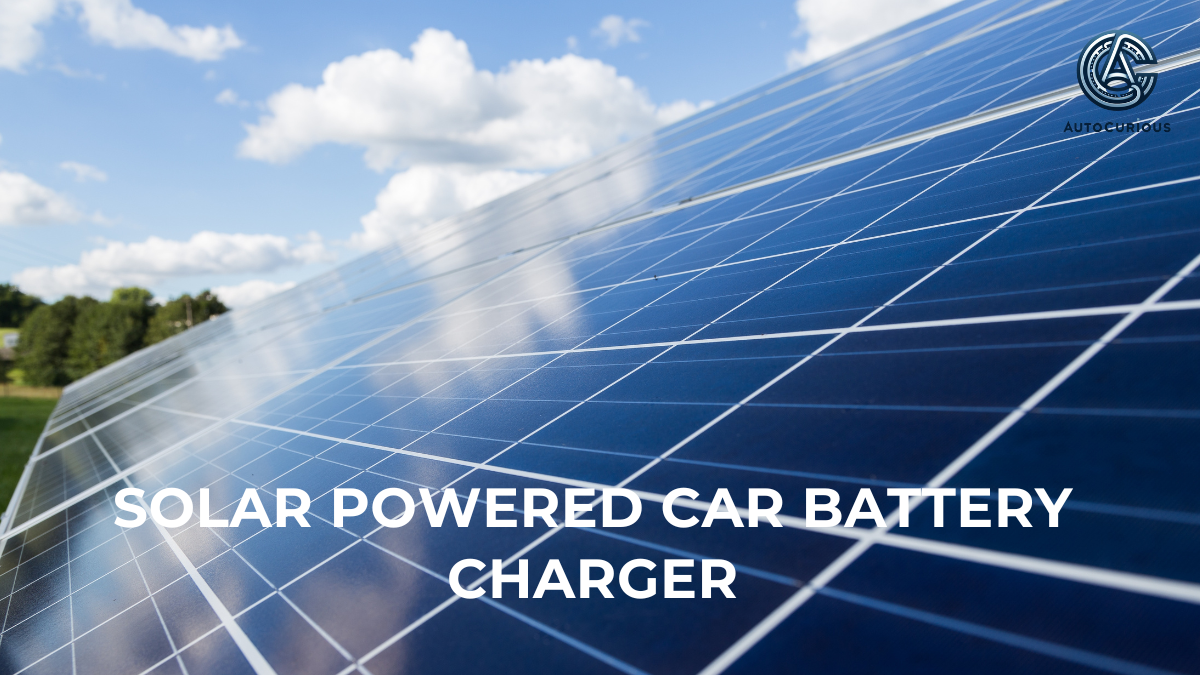
While the initial cost of a solar powered car battery charger might seem steep, the long-term savings are undeniable. No more electricity bills for charging your battery, and the sun’s energy is free!
Convenience and Accessibility

Imagine never having to search for a power outlet or worry about being stranded with a dead battery. With a solar powered car battery charger, as long as there’s sunlight, you’re good to go.
Longevity and Durability
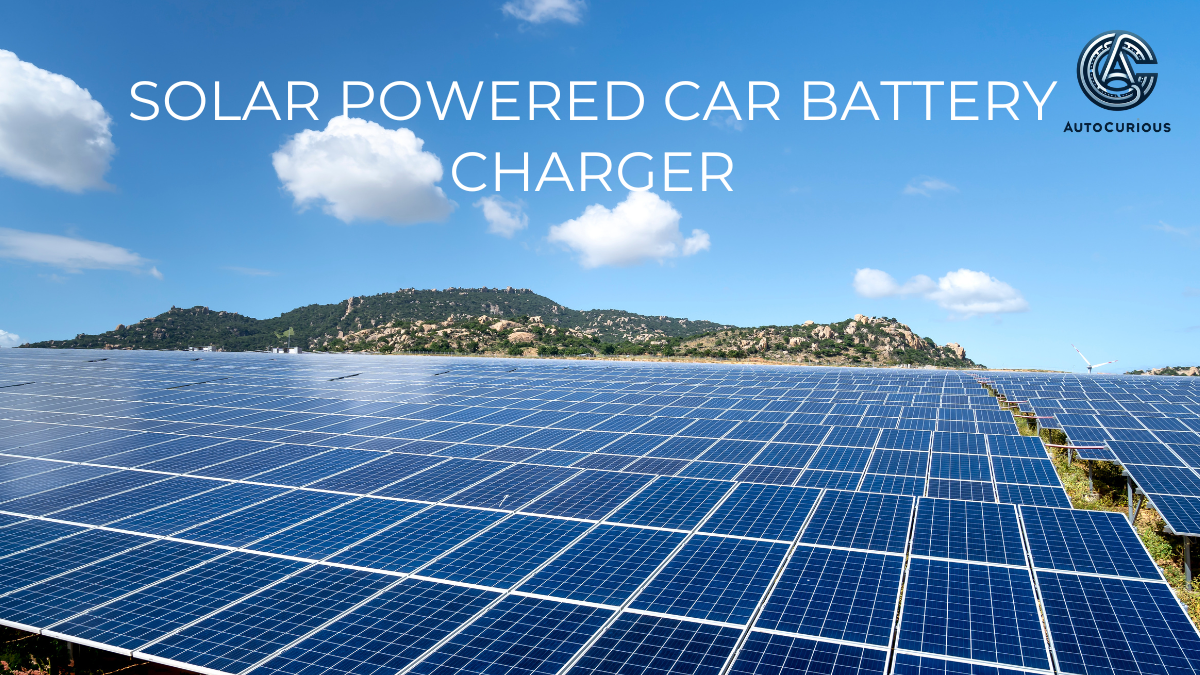
Most solar powered car battery chargers are built to last, with weather-resistant materials and sturdy designs that can withstand the elements, ensuring they serve you well for years.
Different Types of Solar Powered Car Battery Chargers

Not all solar chargers are created equal. Here’s a look at the different types available and what each offers.
Trickle Chargers
These chargers provide a slow, steady charge to your car battery, making them ideal for maintaining battery health over time.
Portable Solar Chargers
Compact and lightweight, portable solar chargers are perfect for on-the-go use. They can be easily set up and stored, making them a popular choice for travelers.
Integrated Solar Roof Chargers
Some vehicles come with solar panels integrated into the roof, providing a constant source of energy whenever the car is exposed to sunlight.
How to Choose Right Solar Powered Car Battery Charger
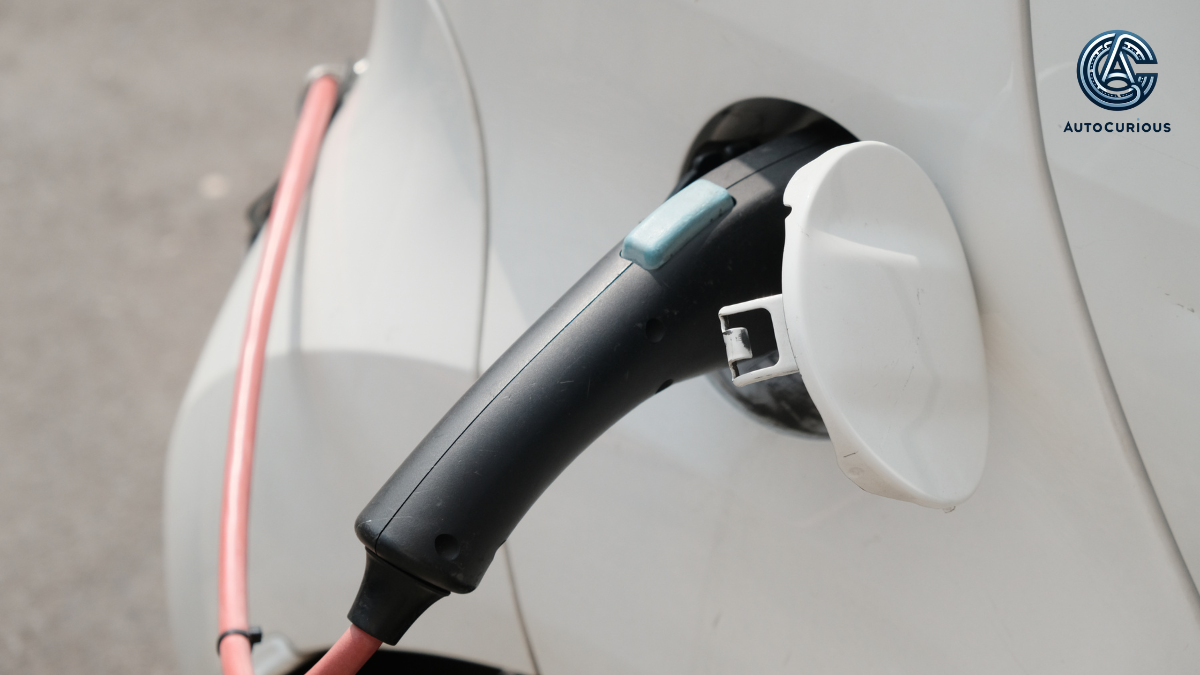
Selecting the right charger for your needs requires careful consideration. Here’s what you should keep in mind.
Factors to Consider
Power Output: Ensure the charger can provide enough power to charge your specific battery type.
Compatibility with Your Vehicle: Not all chargers are compatible with every vehicle, so check specifications before purchasing.
Ease of Installation: Some chargers require professional installation, while others are more DIY-friendly.
Weather Resistance: Make sure your charger can withstand the weather conditions in your area.
Top Brands and Models
When it comes to quality and reliability, some brands stand out in the world of solar powered car battery chargers. Look for well-reviewed models from trusted manufacturers to ensure you’re getting a product that delivers on its promises.
Installation Guide for Solar Powered Car Battery Chargers
Installing a solar powered car battery charger might seem daunting, but with the right tools and guidance, it’s a manageable task.
Tools You’ll Need
Before you start, gather the necessary tools: screwdrivers, wrenches, mounting brackets, and of course, your solar charger kit.
Step-by-Step Installation Process
Positioning the Solar Panels: Find a spot with maximum sun exposure, typically the car’s dashboard or roof.
Connecting the Charger to the Battery: Follow the manufacturer’s instructions to connect the charger’s cables to your car battery securely.
Testing the Setup: Once installed, test the system by monitoring the battery’s charge level over a few hours of sunlight exposure.
Maintenance Tips for Solar Powered Car Battery Chargers
To keep your solar powered car battery charger in top shape, regular maintenance is key.
Regular Cleaning and Upkeep
Dust and debris can reduce the efficiency of your solar panels. Clean them regularly with a soft cloth and mild detergent to ensure they’re always performing at their best.
Monitoring Battery Health
Keep an eye on your car battery’s health by regularly checking its charge levels and looking out for signs of wear or damage.
Seasonal Considerations
In winter or rainy seasons, sunlight may be scarce. Be prepared with backup charging methods or consider investing in a more powerful solar charger if you live in an area with limited sun exposure.
Common Misconceptions about Solar Powered Car Battery Chargers
Despite their growing popularity, there are still some myths surrounding solar powered car battery chargers.
“They Don’t Work in Cloudy Weather”
While it’s true that solar chargers are most effective in direct sunlight, they can still generate power on cloudy days, albeit at a reduced rate.
“Solar Chargers Are Too Expensive”
While the initial cost can be higher than traditional chargers, the long-term savings on electricity make them a cost-effective choice.
“Installation is Complicated”
Many solar chargers are designed for easy installation, and with a bit of guidance, most car owners can install them without professional help.
Comparative Analysis of Solar and Traditional Charging Methods
A detailed comparison shows that while traditional chargers may be faster, solar chargers offer unmatched convenience and sustainability, making them a worthwhile investment.
Future of Solar Powered Car Battery Chargers
What does the future hold for solar powered car battery chargers? Let’s explore the possibilities.
Technological Advancements on the Horizon
With ongoing advancements in solar technology, we can expect more efficient, compact, and affordable solar chargers in the near future.
Integration with Electric Vehicles
As EVs continue to gain popularity, the integration of solar charging systems is likely to become a standard feature, further reducing reliance on the grid.
Market Trends and Predictions
Industry experts predict significant growth in the solar charger market, driven by increasing environmental awareness and technological innovations.
Potential Drawbacks of Solar Powered Car Battery Chargers
No product is perfect, and solar chargers are no exception. Here are some potential downsides to consider.
Initial Investment Costs
While solar chargers can save you money in the long run, the upfront cost can be a barrier for some consumers.
Performance Limitations in Extreme Weather
In areas with frequent storms, heavy snowfall, or prolonged cloudy periods, solar chargers may not perform optimally.
Dependency on Sunlight
Solar chargers rely on sunlight, meaning they’re less effective at night or in heavily shaded areas. It’s essential to have alternative charging options in these scenarios.
Benefits of Switching to an Electric Vehicle (2024) Full Guide
Electric vs Gasoline Cars | 5 Key Differences, Which One To Choose? (Guide)
How to Maximize the Efficiency of Your Solar Powered Car Battery Charger
To get the most out of your solar powered car battery charger, follow these tips.
Optimal Placement of Solar Panels
Position your solar panels in a location that receives maximum sunlight throughout the day. Avoid shaded areas or places where debris can accumulate.
Pairing with Energy-Efficient Practices
Combine solar charging with other energy-saving practices, like reducing idle time or using energy-efficient car accessories, to enhance overall efficiency.
Smart Charging Techniques
Use smart charging techniques, such as charging during peak sunlight hours, to maximize the energy captured and stored in your battery.
Conclusion
The solar powered car battery charger represents a significant step forward in automotive technology, offering a sustainable, cost-effective, and convenient solution for keeping your car battery charged. Whether you’re an eco-conscious driver or simply someone looking to cut down on electricity costs, a solar charger is a worthy investment. With proper installation, maintenance, and smart usage, these chargers can serve you well for years, providing peace of mind and a greener way to power your vehicle.
Are Electric Cars Using a Flammable Refrigerant
Do Electric Cars Have Transmissions
FAQs About Solar Powered Car Battery Chargers
The time it takes depends on the battery’s capacity, the solar panel’s output, and the amount of sunlight available. On average, it can take anywhere from 5 to 12 hours.
No, a properly installed solar charger with a charge controller will not drain your car battery. The charge controller prevents backflow of current, protecting your battery.
Yes, as long as the charger is compatible with your vehicle’s battery type and voltage, it’s safe to use.
If sunlight is insufficient, the charging process will slow down, but the charger will not damage your battery. It’s advisable to have a backup charging method for such situations.
Yes, you can use a solar charger while driving, especially if it’s integrated into your vehicle’s roof or placed on the dashboard to capture sunlight during your journey.
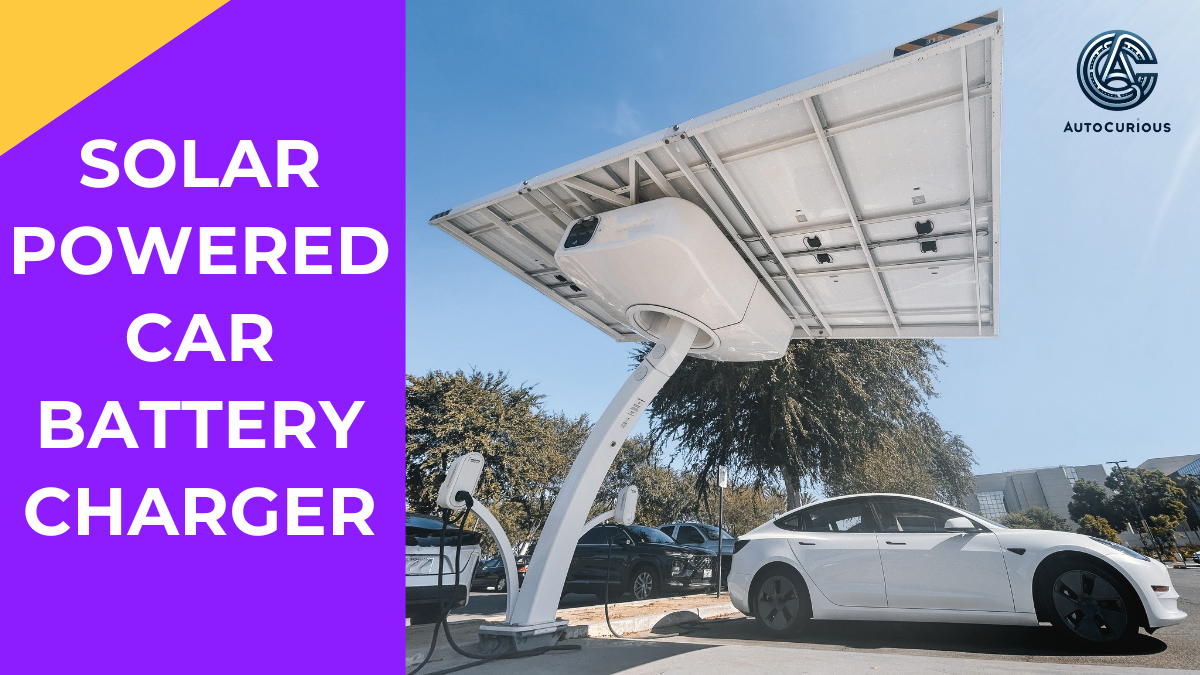
3 thoughts on “Solar Powered Car Battery Charger”